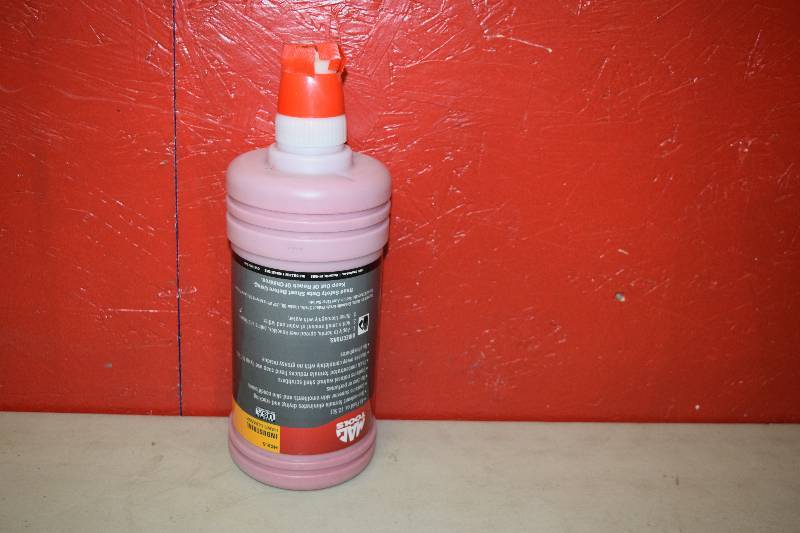
Keep in mind that lists can vary between instructors, programs, and schools, so be sure to follow the equipment list that applies to your particular course.Īfter amassing all those tools for your freshman course, don’t be surprised when the instructor hands you a whole new list for your senior course. What’s more, you’ll also need to fill an extensive list of nearly 40 miscellaneous tools, including:
Fuel and electrical systems tools including spark plug sockets (when you are not working on diesel), round feeler gauges, jumper wire, electrical tape, and resin solder. Welding and preventive maintenance tools, such as files, a welding kit, spark lighter, and torch tip cleaner. Brakes and suspension tools like torque wrenches, spring tools, flare kits, a tire gauge, and a narrow brake spoon. 1/2-inch square drive socket set, including the accessories listed above plus a flex handle. 3/8-inch square drive socket set, including the same accessories listed above as well as a universal joint. 1/4-inch square drive socket set, including 6-point sockets, deep and shallow sockets, a reversible ratchet, and extensions. The good news is that you’ll complete your schooling with the beginnings of a useful toolbox.Ī sample list of equipment diesel tech freshmen must have includes: Most diesel tech programs have a list of heavy-duty tools students need, and that list grows longer as you advance through the courses. Lots of techs come up through school programs, so let’s start there. But one of the keys to heavy-duty success is to take it slow, start out with the essentials, and keep building your toolbox over time. The best advice we can offer you is to resist buying every last thing you think you might need. 
After all, you can’t do the job without the right tools! Starting a diesel repair shop means having the right heavy-duty tools.





 0 kommentar(er)
0 kommentar(er)
